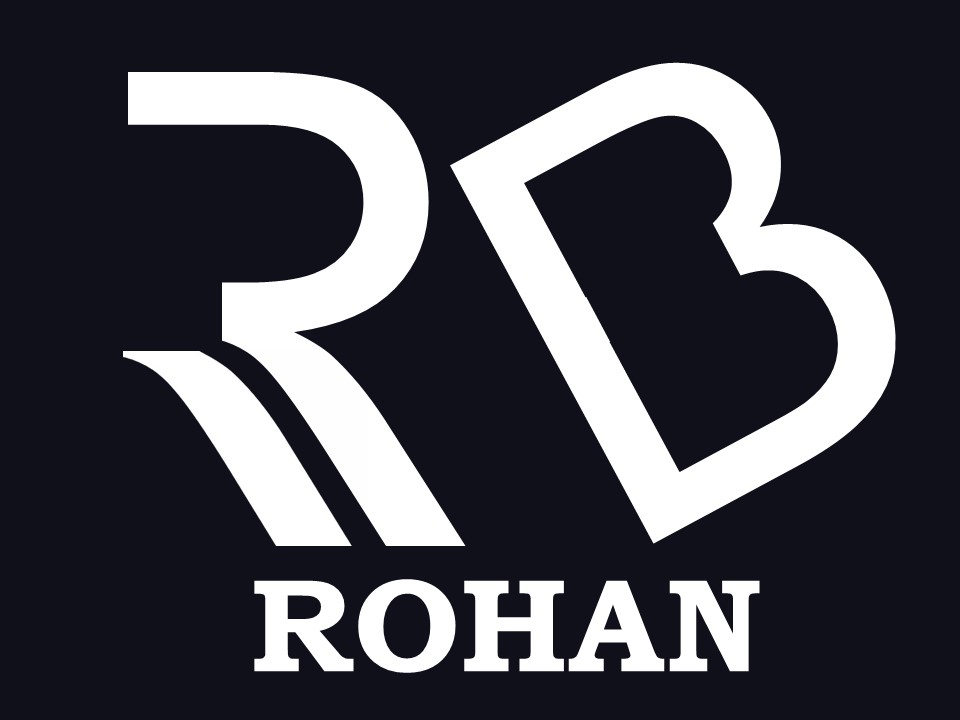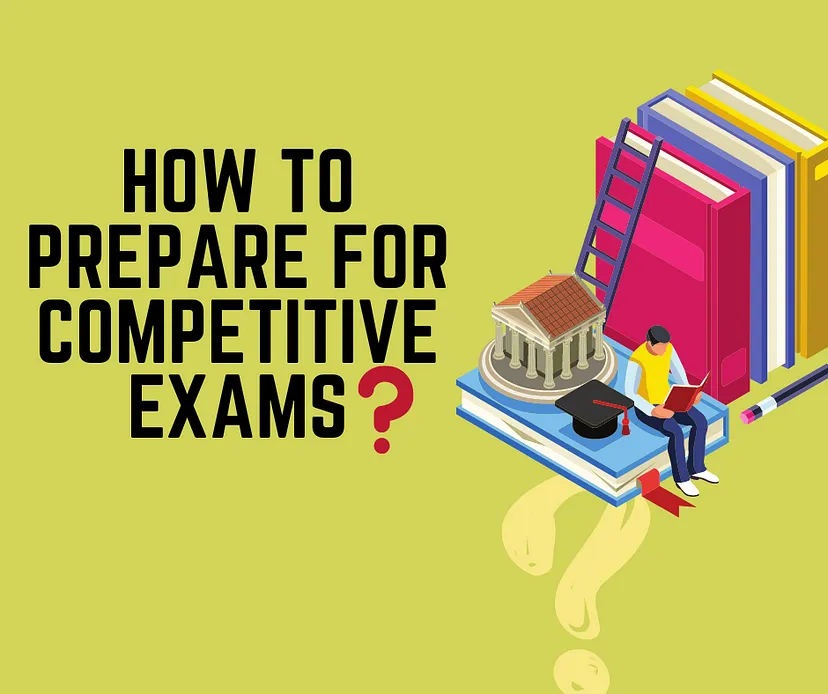We are largely fascinated by competitive exams, especially the exams offered by the Public Service Commission. This phenomenon is not limited to Nepal but also is commonplace in India. Aspirants are desperate to grab government jobs.
I have written this blog post in response to hundreds of questions asked by aspirants regarding answer writing techniques. The views presented in the blog post are solely based on my personal experience. Furthermore, the answer writing technique differs vastly among individuals, so the views are personal and subjective. My views about writing answers in examinations are motivated by Dr. Vikas Divyakirti, a famous IAS instructor and accomplished teacher.
Source: Tips for cracking Competitive Exams | by Guidance Institute for Competitive Exam | MediumWatch these YouTube videos
Strategy - How to Write Good Answer, By: Dr. Vikas Divyakirti
How to write answers in examination? By Rohan Byanjankar
Your answer is just like a visiting card to an examiner.
Now, let's trace the qualities of a good answer and answer writer.
1. Scope
Read questions very carefully and try to define the scope of the answers. We have limited time, so going beyond the scope of the question will consume unnecessary time. Examination is actually knowing the delimitations of answers. One who fails to define the scope is less likely to succeed. If you lose one question, you should think about taking the examination again.
2. Weights to each question and subquestion
Not all questions are created equal. Some carry more marks than others. Concentrate more on the questions that can earn you more marks. This way, you can maximize your score and increase your chances of success.
3. Factual/Examples
Give your answers a boost by including facts and examples. This shows that you really understand the topic. Keep it short and to the point—each detail should contribute to making your answer stronger. So, one who is equipped with data and information (or facts) has the upper hand.
4. Language
Using fancy words won't necessarily impress. Write in simple language, use straightforward sentences, and avoid complicated words. The goal is to ensure that anyone reading your answer can easily understand it. Clarity is key. Do not use complex mathematical solutions too.
5. Presentation
Handwriting! Good handwriting does not render extra marks, but it will definitely leave a positive impression on the examiner, which will pay you extra marks. Second, write answers in points. Examiners will not entertain reading long paragraphs and finding out the main points. It's your task to highlight it.
Remember, these tips are just suggestions based on what has worked for me. Everyone has their own way of answering questions, so find a style that suits you best. Keep practicing, and you'll become more confident in delivering stellar answers in your exams.
Few more tips
1. Always be updated with data and information (This will stand you out)
2. Follow flagship reports published by NRB, World Bank, IMF (This will make a difference in your answer)
3. Be updated with national and international news related to subject matters (This will save you from disaster)
4. Read research papers or engage yourself in research work (This will make your answer unique)


Post a Comment